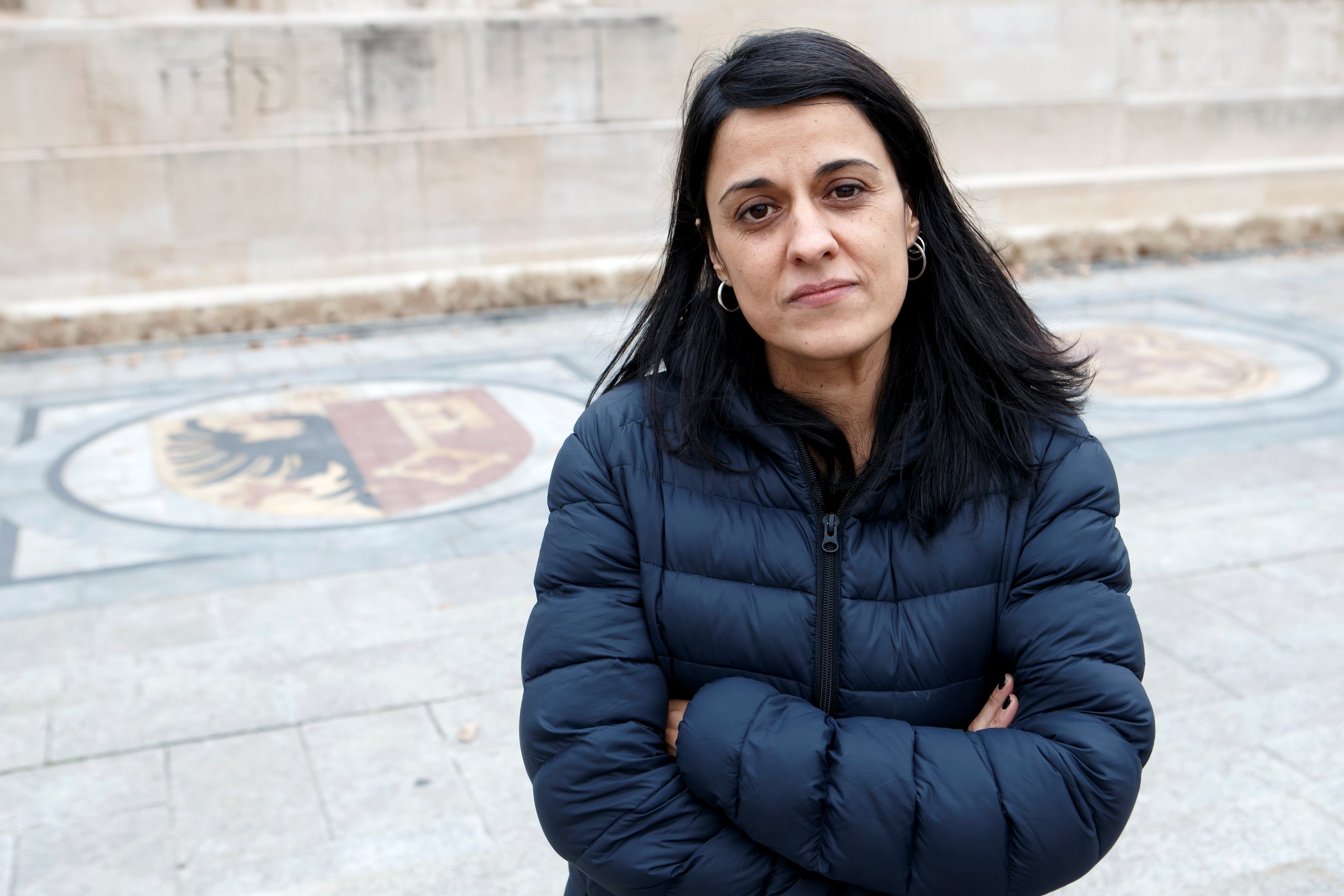Spain's Constitutional Court (TC) has, in plenary session today, unanimously rejected amparo appeals from Anna Gabriel, Mireia Boya, Carme Forcadell and Anna Simó for the protection of their constitutional rights, sources say. The Catalan politicians have seen their appeals relating to the case investigating last year's independence referendum turned down due to "lack of exhaustion of the legal path".
The court tells defence counsel to present the appeals again if the Supreme Court refuses to transfer their case to the High Court of Justice of Catalonia in a hearing next week.
Previously, the Criminal Chamber of the Supreme Court had summarily dismissed an recusal petition from Carme Forcadell, so she took it to the TC. She argues that her rights to effective legal tutelage, a process with full guarantees and her rights to defence and an impartial judge have been violated. In the TC's decision to accept it for consideration, the court noted it presented a question affecting "a facet of fundamental law" and that there is no doctrine on the matter. As such, it met the requirements to be properly evaluated. The court said it gave them the opportunity to clarify and perhaps change its doctrine following a process of internal reflection.
Defence for former CUP deputies Anna Gabriel and Mireia Boya presented their amparo appeals before the TC once the Supreme Court turned down transferring the case to the High Court of Justice of Catalonia. The Criminal Chamber had already rejected a question of which court was competent brought by CUP in January. Despite accepting to consider this latest appeal, they have now rejected it.
The verdicts, to be released in the coming days, argue that the appeals were brought prematurely. For an amparo process, all legal options before the Supreme Court need to have been exhausted first with the proposal of an "article of prior and special verdict" requesting a jurisdiction plea.
In fact, such an article has already been requested by the defence, due to be resolved in a hearing next week by the seven judges who will eventually hear the case at the Supreme Court. If this hearing, on the 18th, is decided against the accused, they can return to the Constitutional Court, which could then review the basis of the question.
Hunger strike and appeals
The Constitutional Court is to hold two more plenary sessions before the end of the year: one this week, one next.
These sessions will hear the first appeals from those facing charges of rebellion in the case. Legal sources say that this is in accordance with their calendar and is unrelated to the hunger strike undertaken by Jordi Turull, Josep Rull, Joaquim Torra and Jordi Sànchez.
There are some thirty appeals in total for the court to hear. These include those over the pretrial detention of the political prisoners, several of whom have asked the TC to release them on bail whilst reviewing whether their cases have seen violations of basic rights. It's not expected these specific appeals will come under deliberation until January, according to legal sources.

